Curious questions: What's the best way to cook a crab?
Simon Hopkinson shares his tips on cooking crab – with a little help from a classic book by the brilliant Rick Stein.
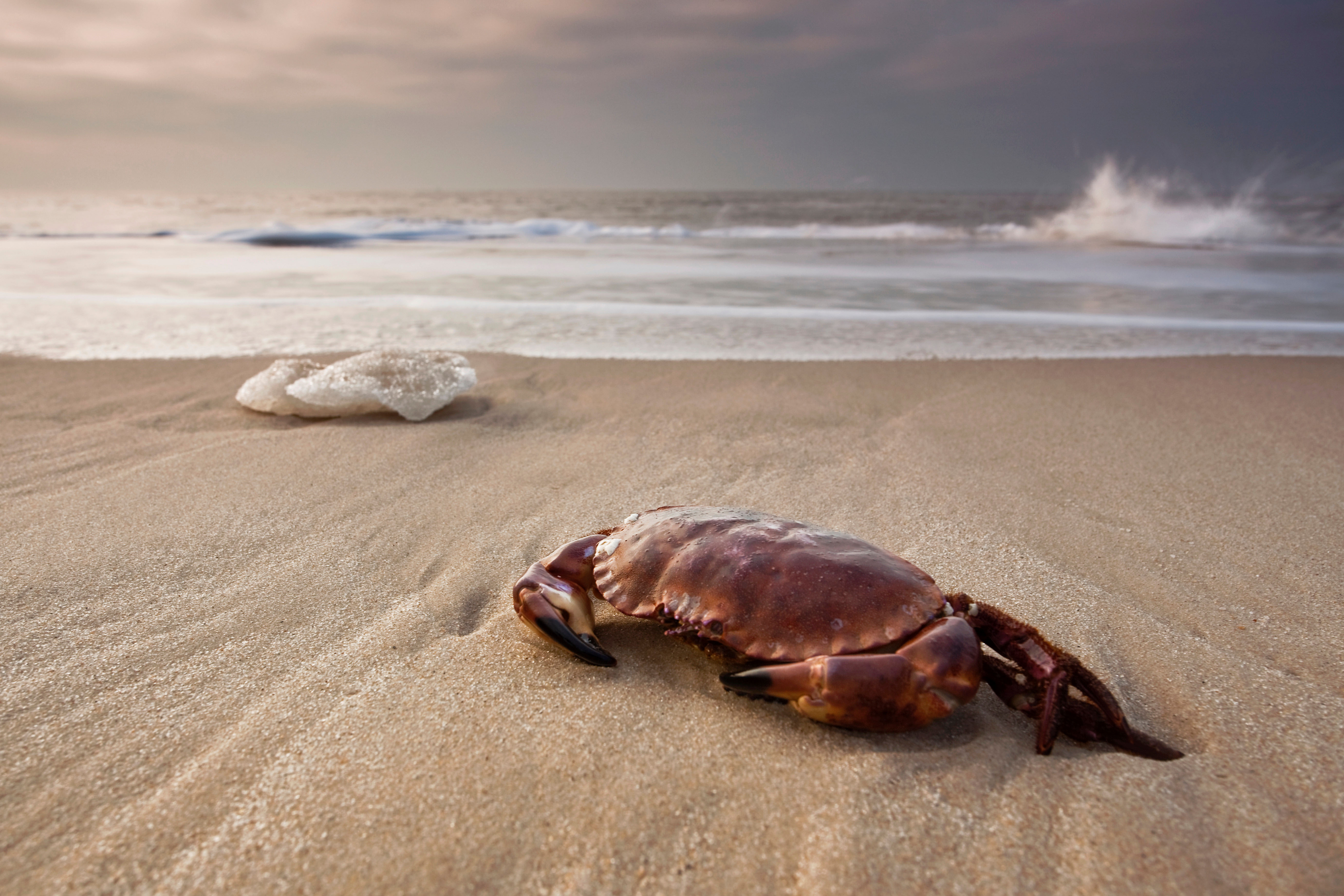

June 1976, Pembrokeshire, and the crabs are fantastic! It’s also noted as the beginning of one of the hottest, driest summers in living memory, but the crabs keep a-coming. We walk down the narrow lane to the small bay to barter with the crab (and lobster) men in their boats, weighing up between huge cocks and smaller hens — with their sweeter white meat and creamy roes — until we have enough to sate everyone for a big lunch in the garden.
We haul up two big buckets of seawater with us, as it has just the right salinity in which to cook the critters. The table is covered in newspaper, steel crackers for the claws, huge bowls of freshly whipped-up mayonnaise, as well as butter-dressed, tiny, new-season Pembrokeshire potatoes to pick at with the fingers and pop in the mouth.
There are pepper mills, little shakers of hot cayenne and a huge tin bath filled with ice and bottle upon bottle of Sancerre buried deep within. Shall we?
When you wish to cook crabs without the convenience of the sea a few yards away, I always look to Rick Stein, who, in his seminal first book English Seafood Cookery (Penguin, 1988), advises that a ratio of 165g sea salt to five litres from the tap will mimic the briny.
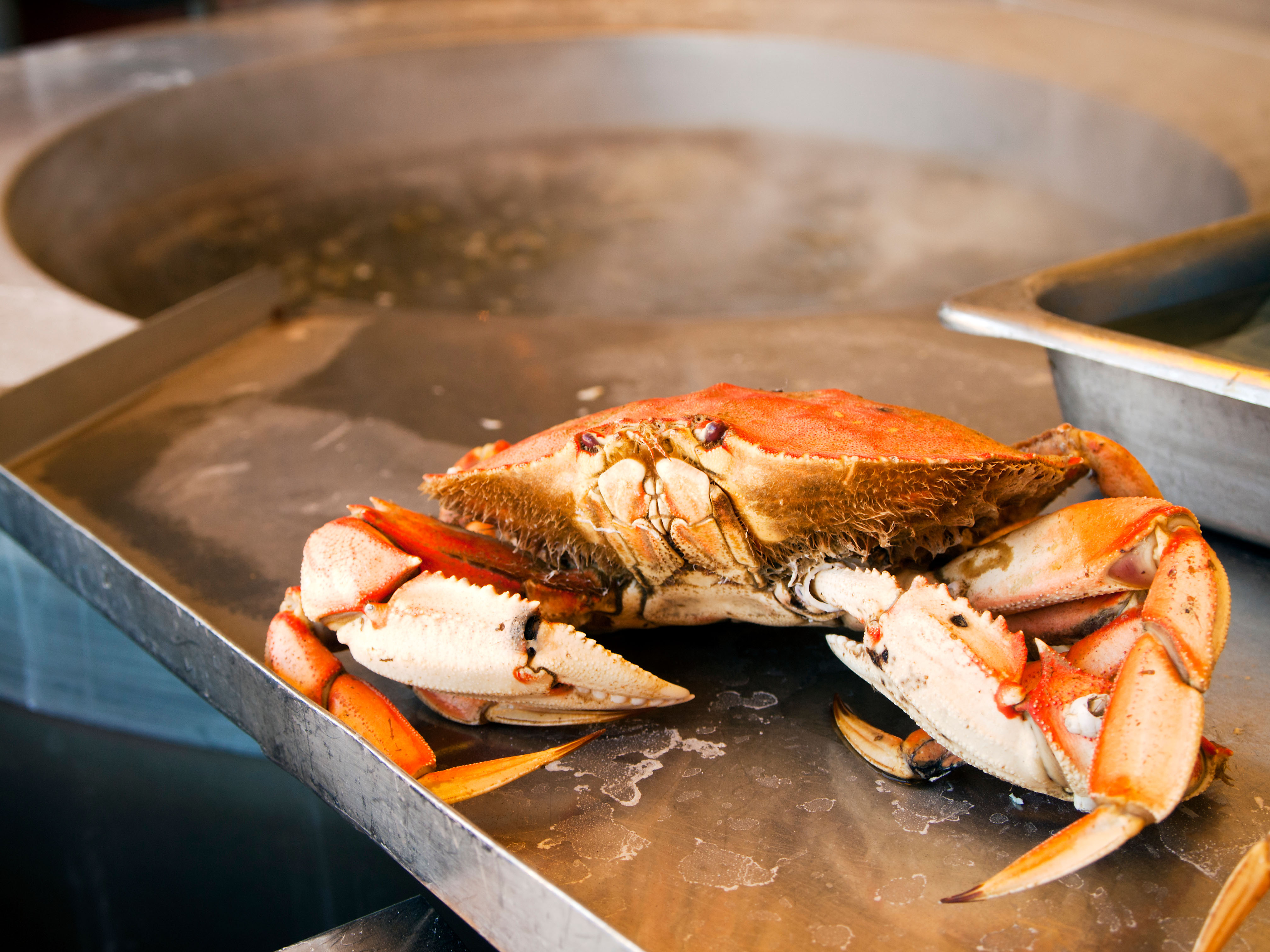
As for timing how long the crabs will take to cook, he suggests 15 minutes from coming back to the boil for anything up to 600g, 20 minutes for anything up to about 1kg, 25 minutes for 1.5kg and 35 minutes for anything larger — which would be a bit of a monster, clearly!
My humble advice, once the water has come back to the boil, is to simmer the crabs rather than continue with the water at a roll. Once the time is up, I suggest you plunge the crabs into a big bowl (or sink) of iced water to halt the cooking.
As for what to do once you've cooked the crabs? You can just enjoy the meat with a touch of hot sauce and that glass of Sancerre, or else use it in devilled crab – see the recipe here.
Sign up for the Country Life Newsletter
Exquisite houses, the beauty of Nature, and how to get the most from your life, straight to your inbox.
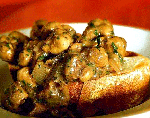
Greatest recipes ever: Caroline Conran’s devilled kidneys
Fergus Henderson chooses Caroline Conran’s devilled kidneys as one of his greatest recipes ever
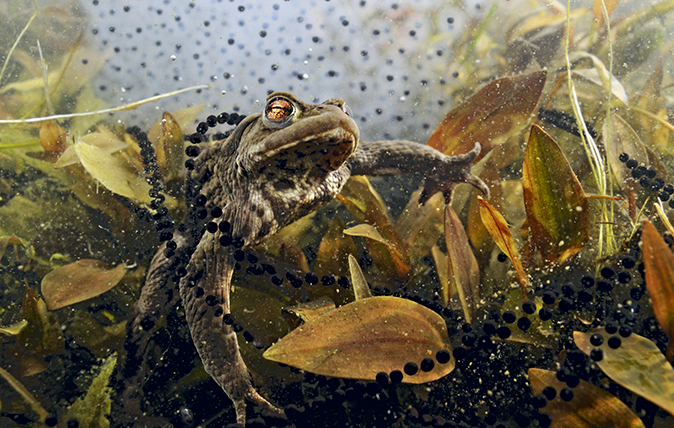
The tale of Mr Toad: From medieval instrument of torture to The Wind in the Willows
Toads might have been feared and reviled for 1,000 years, but the past century has seen us warm to these
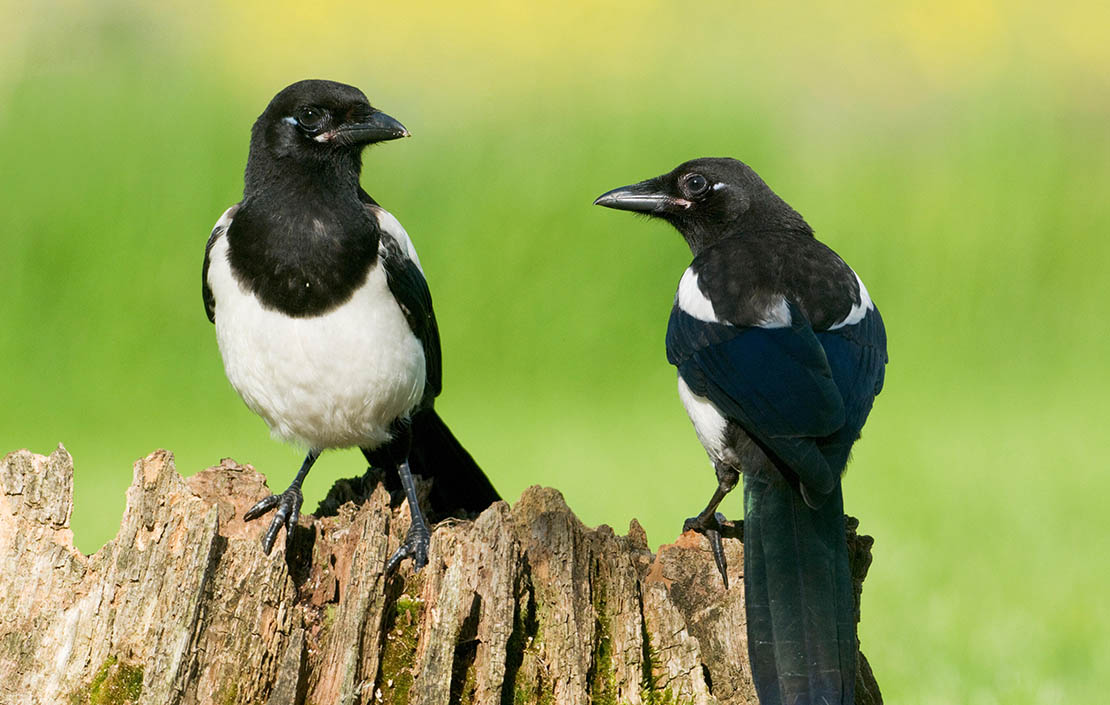
Curious Questions: One for sorrow, two for joy – but why are we so superstitious about magpies?
Superstitions swirl around all manner of different birds, but never more so than with magpies. We take a look at
-
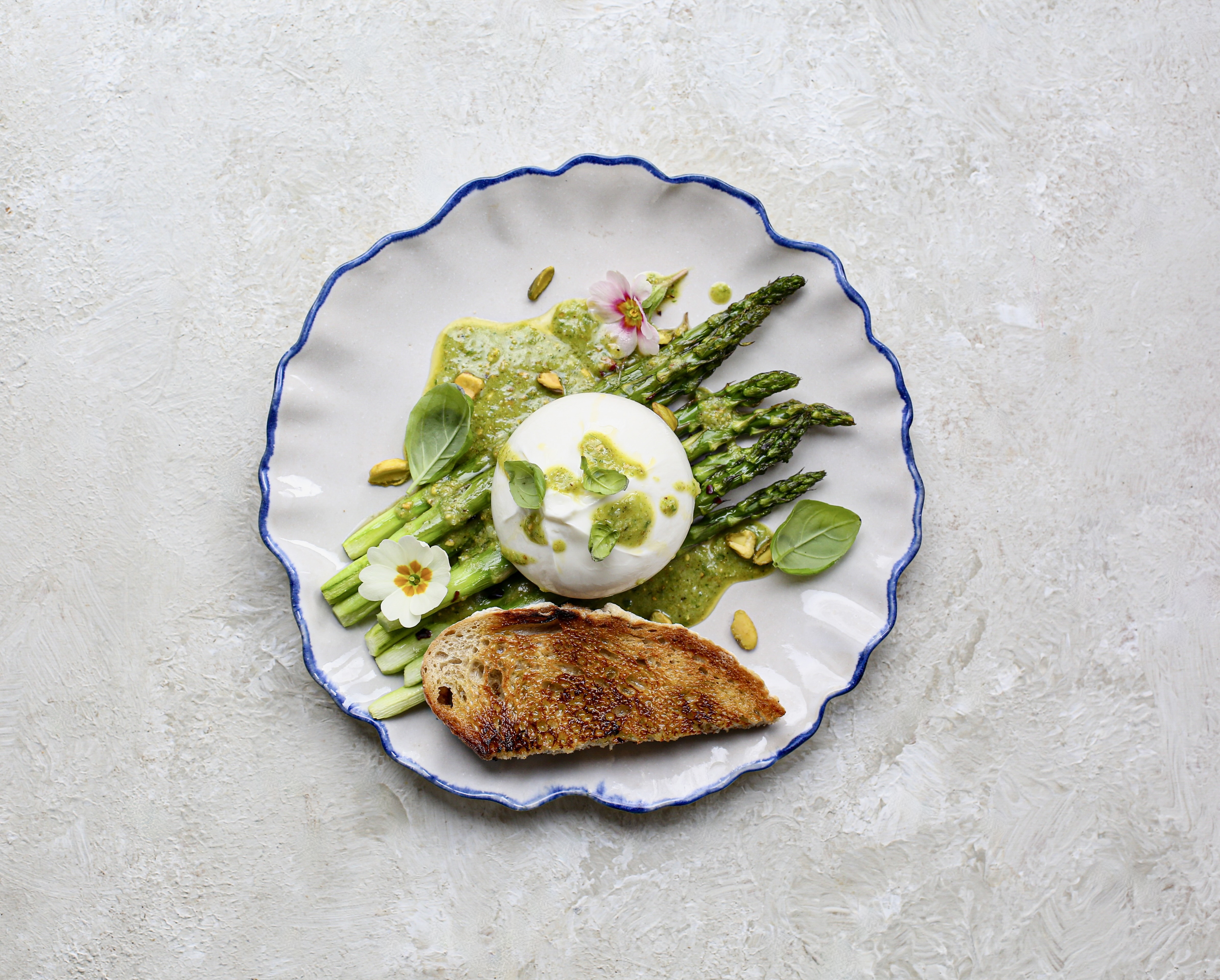 Two quick and easy seasonal asparagus recipes to try this Easter Weekend
Two quick and easy seasonal asparagus recipes to try this Easter WeekendAsparagus has royal roots — it was once a favourite of Madame de Pompadour.
By Melanie Johnson
-
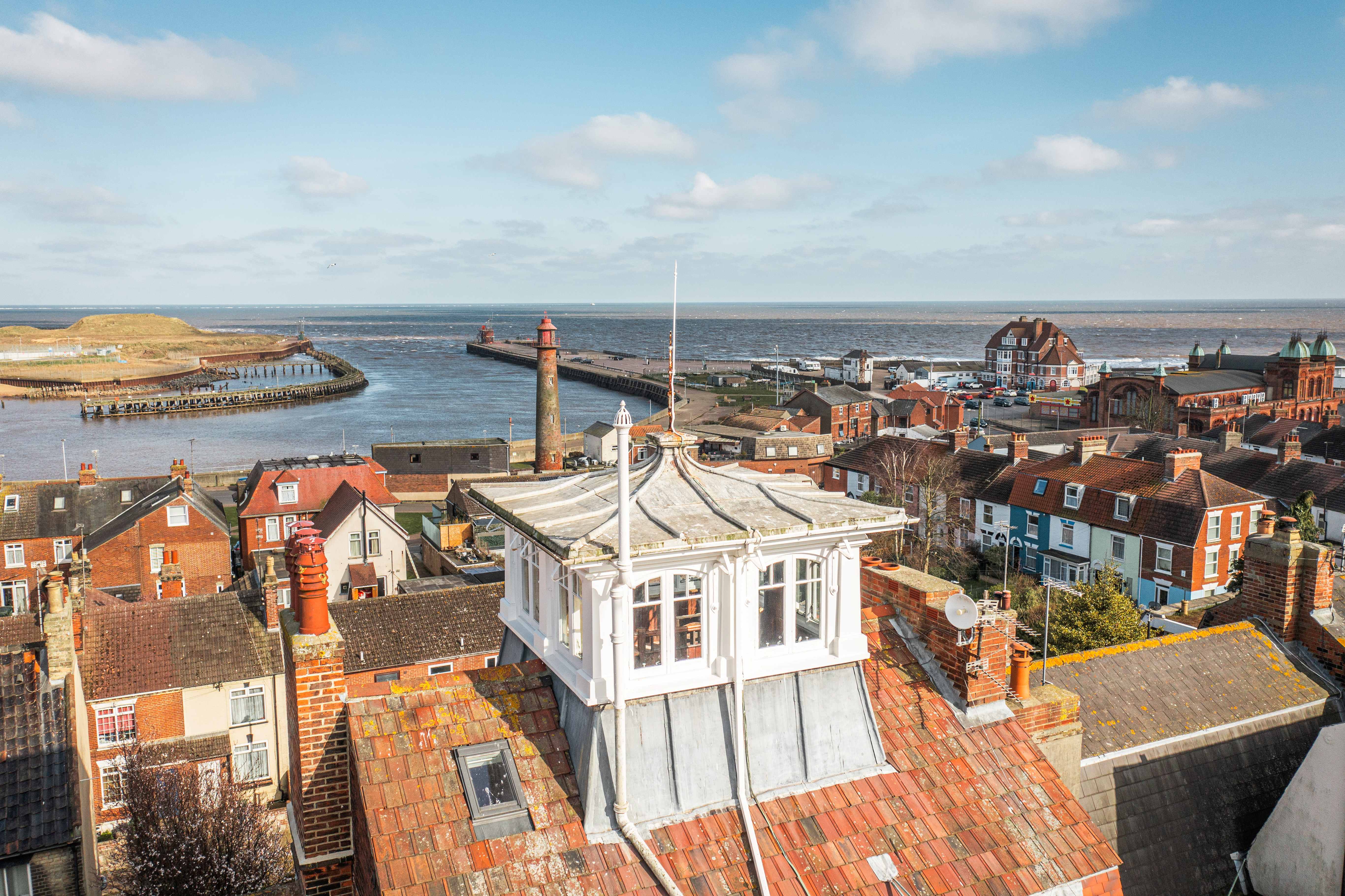 Sip tea and laugh at your neighbours in this seaside Norfolk home with a watchtower
Sip tea and laugh at your neighbours in this seaside Norfolk home with a watchtowerOn Cliff Hill in Gorleston, one home is taller than all the others. It could be yours.
By James Fisher
-
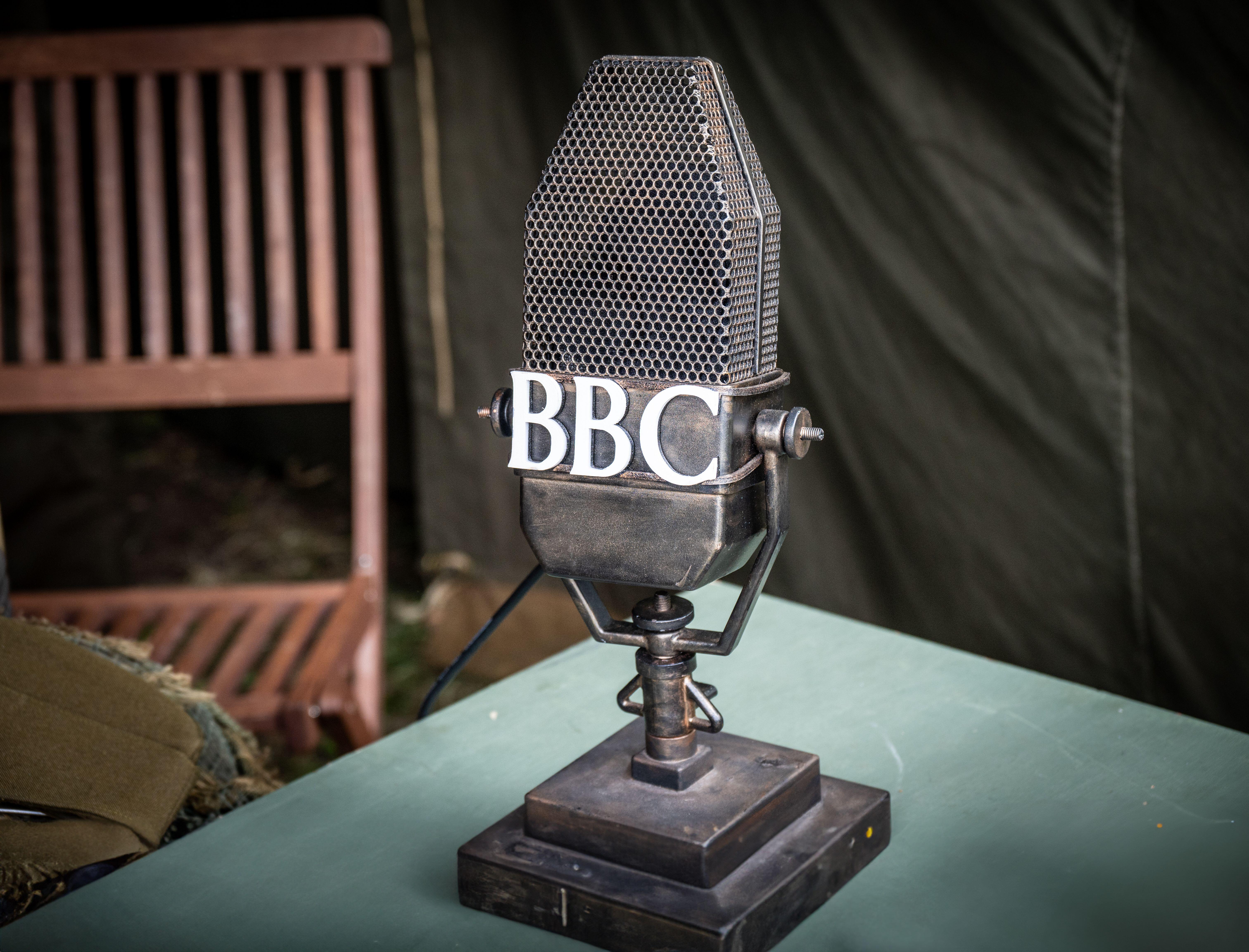 Curious Questions: What is the greatest April Fool's prank ever played?
Curious Questions: What is the greatest April Fool's prank ever played?As April 1 looms, Martin Fone tells the tale of one of the finest stunts ever pulled off.
By Martin Fone
-
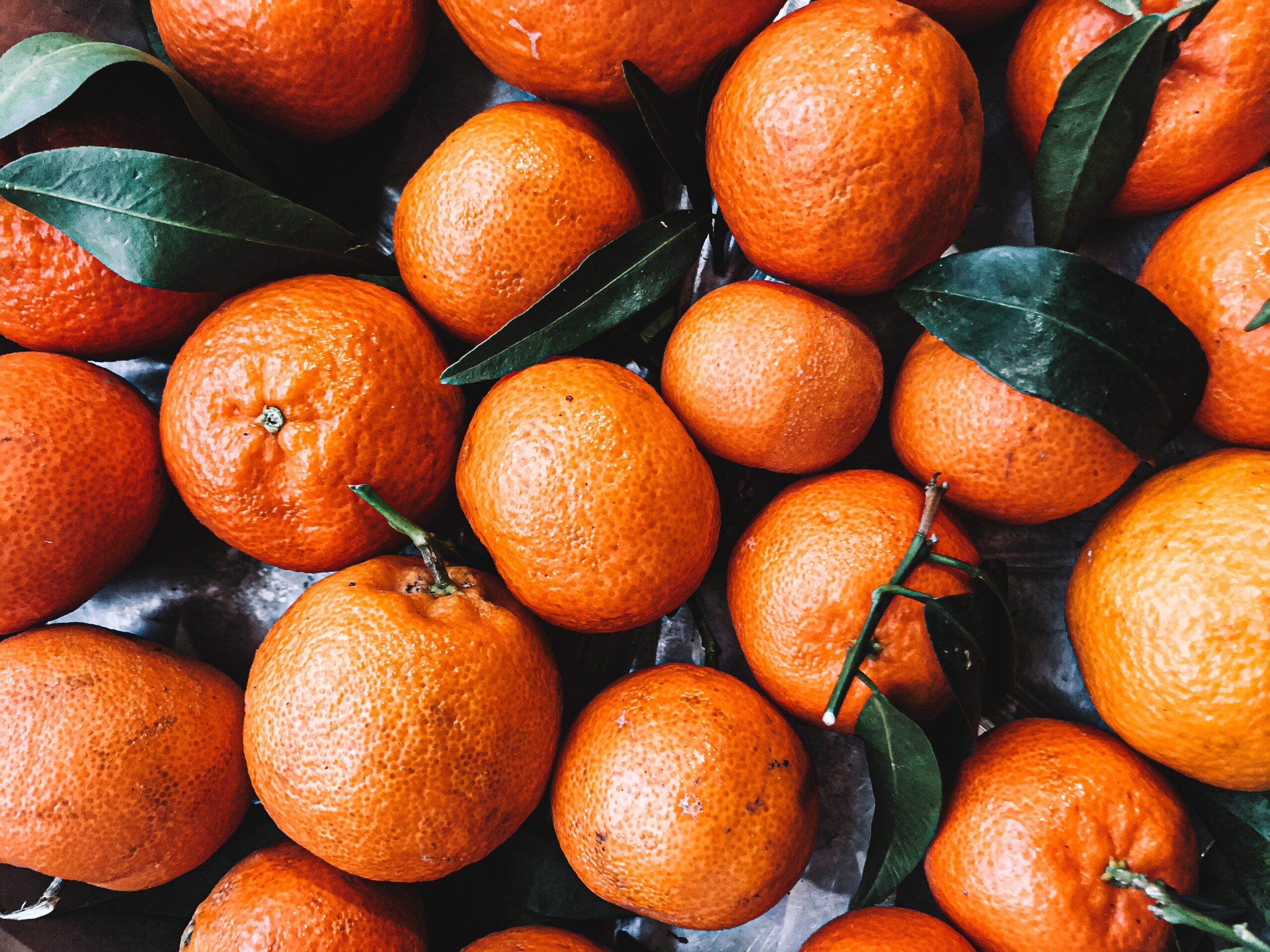 Curious questions: Why do we use Seville oranges to make marmalade?
Curious questions: Why do we use Seville oranges to make marmalade?Why do we use Seville oranges to make marmalade when there are more than 400 other varieties available worldwide? And do they really make the best preserve? Jane Wheatley investigates.
By Jane Wheatley
-
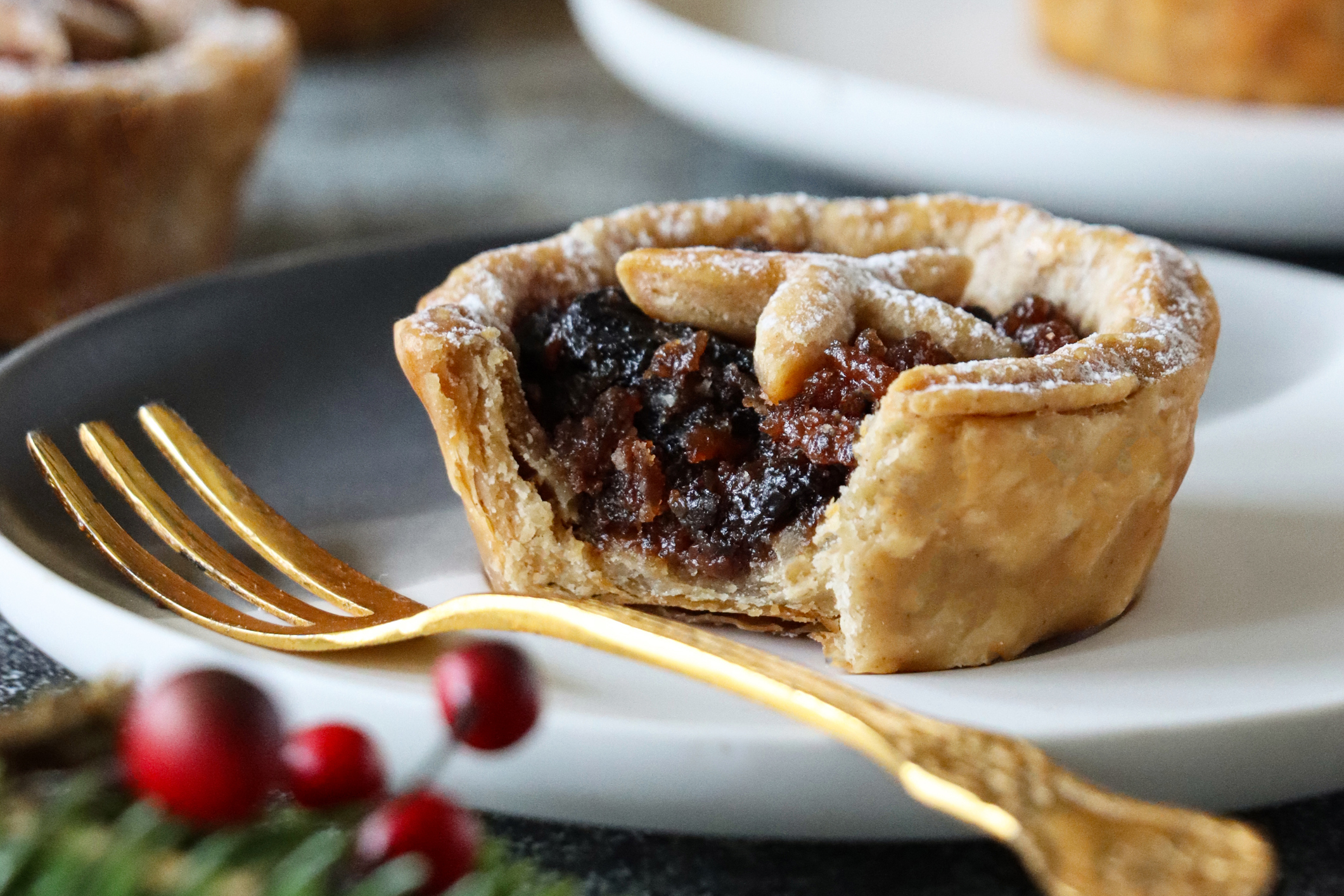 Mince pies really did once contain meat — and this Victorian recipe will convince you that they should to this day
Mince pies really did once contain meat — and this Victorian recipe will convince you that they should to this dayOnce packed with meat, such as ox tongue and mutton, alongside dried and candied fruit and extravagant spices, the mince pie is not what it once was — and food historian Neil Buttery says that's made them worse.
By Neil Buttery
-
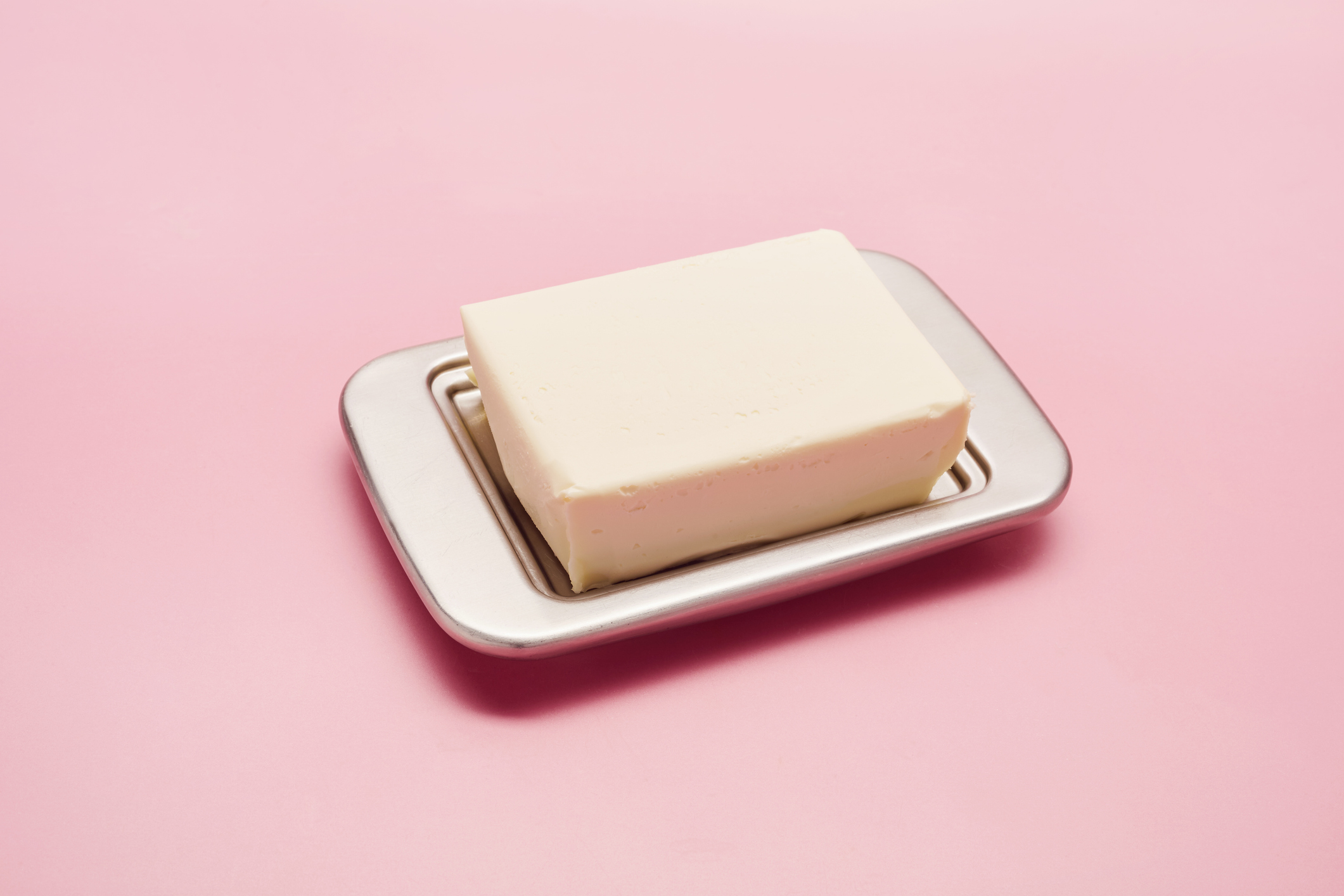 Curious Questions: Margarine used to be pink — but why?
Curious Questions: Margarine used to be pink — but why?Margarine has been a staple of our breakfast tables for over a century, but it hasn't always had a smooth ride — particularly from the dairy industry, who managed to impose a most bizarre sanction on their easily-spreadable, industrially mass-produced rival. Martin Fone explains.
By Martin Fone
-
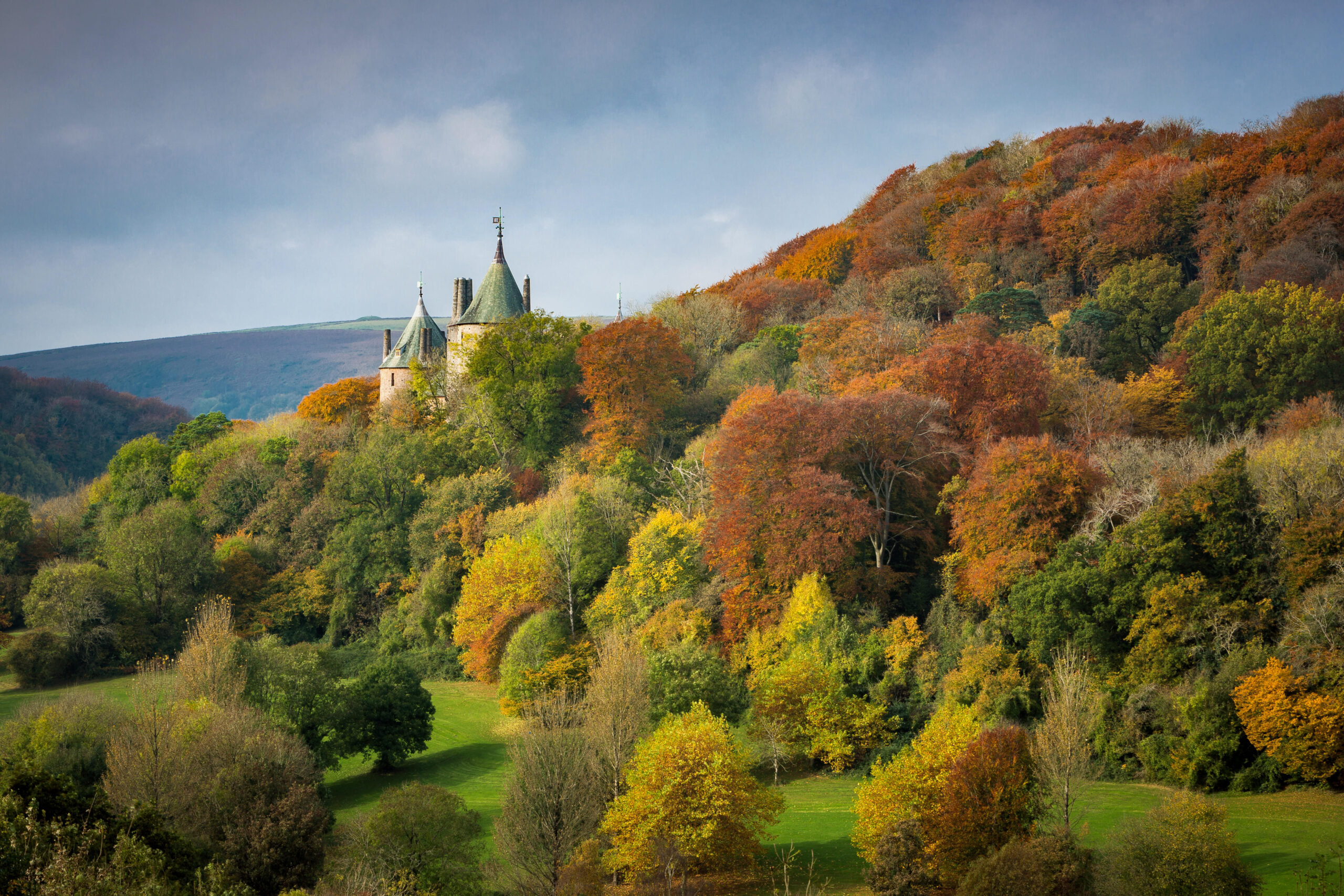 Curious Questions: Wine has been made in Britain for over 1,000 years — so why have we only just turned it into an industry?
Curious Questions: Wine has been made in Britain for over 1,000 years — so why have we only just turned it into an industry?With the UK wine industry booming, Martin Fone takes a look at its history.
By Martin Fone
-
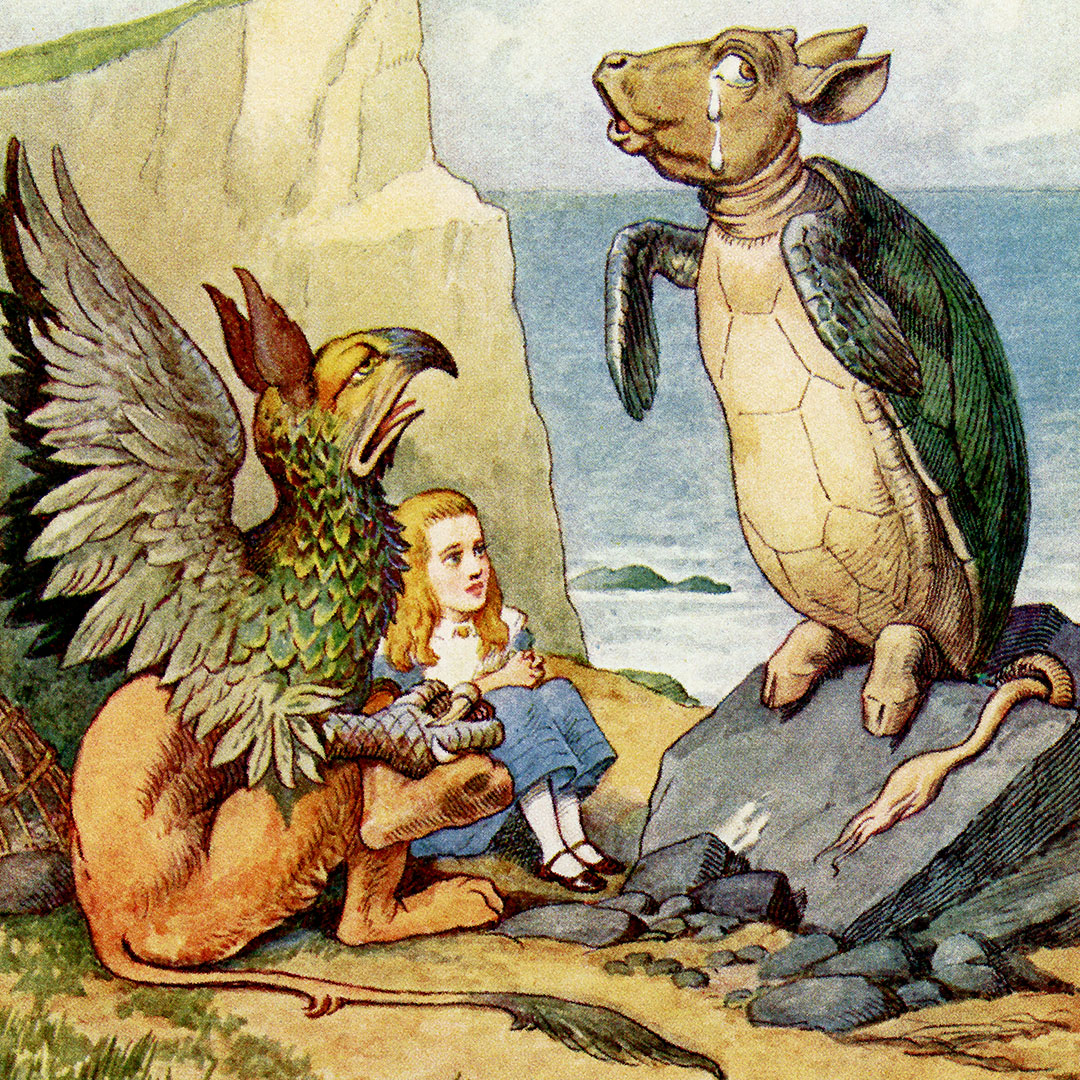 Curious Questions: What is mock turtle soup? And did it come before or after 'Alice in Wonderland'?
Curious Questions: What is mock turtle soup? And did it come before or after 'Alice in Wonderland'?Martin Fone delves into the curious tale of an iconic Victorian delicacy: mock turtle soup.
By Martin Fone
-
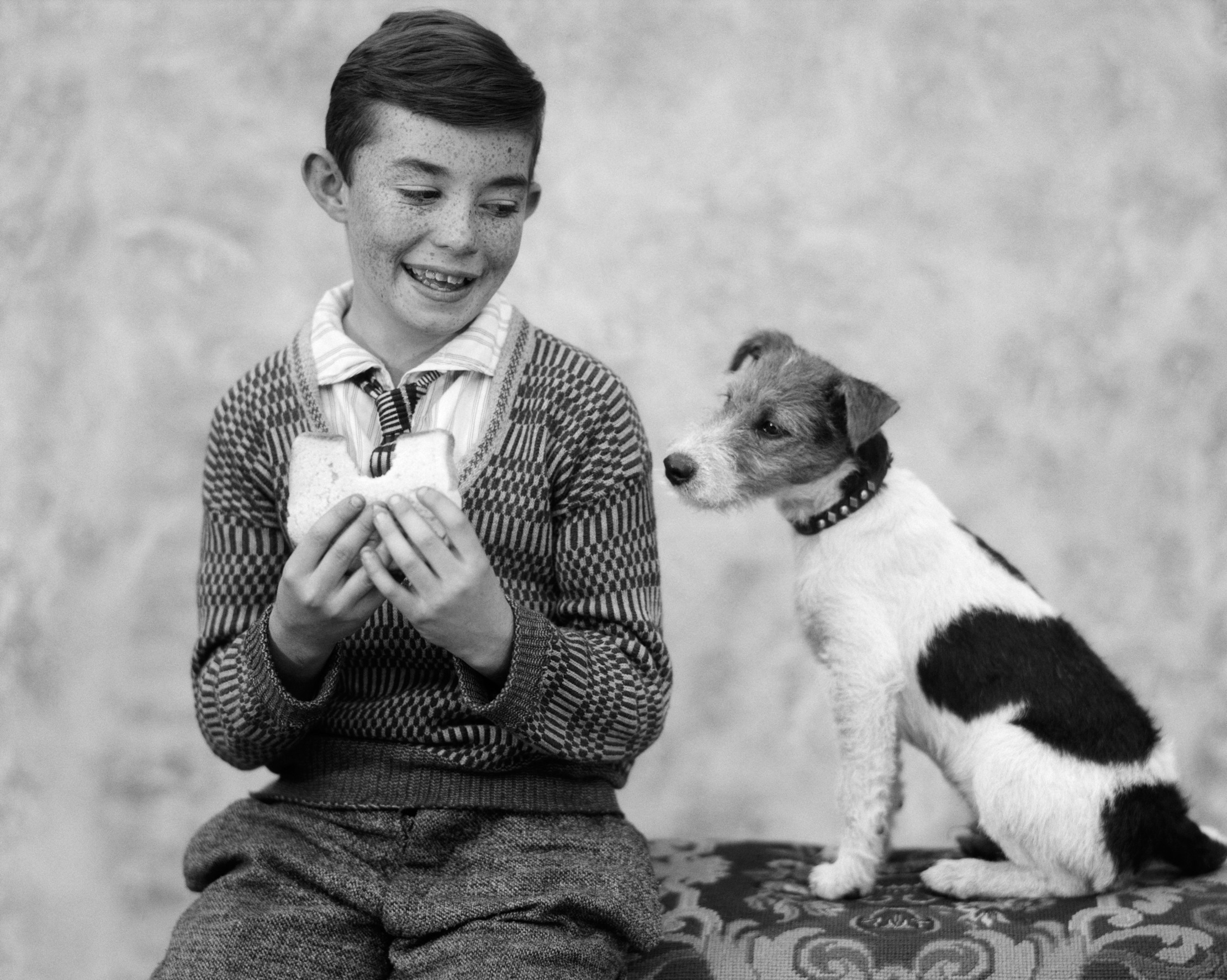 A game of two halves — how the sandwich went from humble fare to a country-wide lunchtime obsession
A game of two halves — how the sandwich went from humble fare to a country-wide lunchtime obsessionWhat started life as a way to eat and play cards at the same time (so the story goes) is now the lunch of choice for the working world.
By Emma Hughes
-
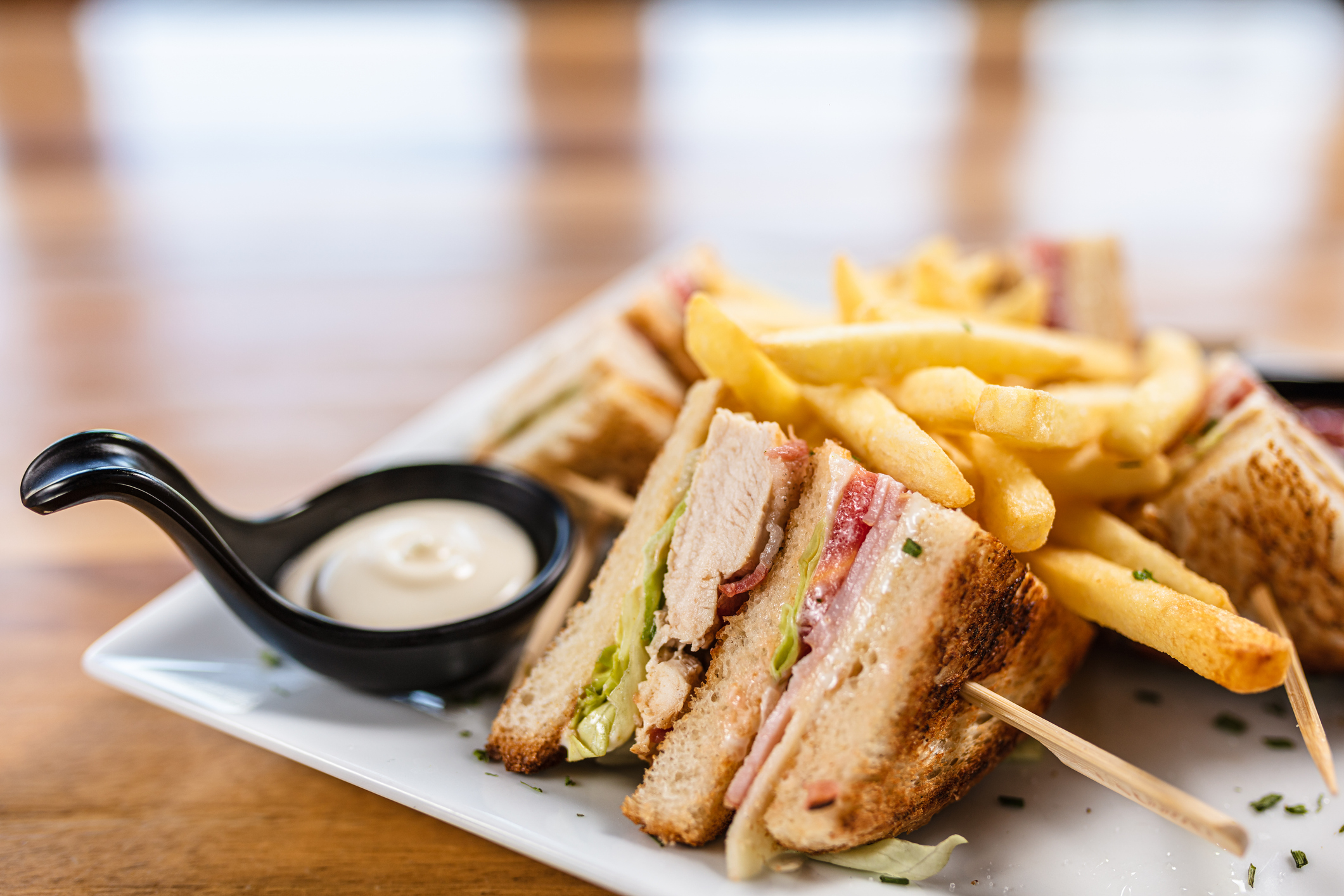 Where to find the world's best club sandwich — and the story of this triple-layered paean to poolside delight
Where to find the world's best club sandwich — and the story of this triple-layered paean to poolside delightThe club sandwich, arguably the most famous of all sarnies, is a poolside staple, but its origins are tricky to trace, says Tom Parker Bowles.
By Tom Parker-Bowles